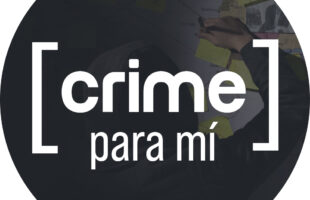According to Interaksyon, the Philippines’ National Telecommunications Commission (NTC) has issued a draft implementing rules and regulations (IRR) for a new law criminalising cable TV (CATV) and internet signal theft. Under the draft rules, any person or private entity is prohibited from intercepting or receiving any signal or service offered over a CATV or cable internet signal by tapping, making or causing to be made, any connection to an existing CATV or cable internet network without the authority of the concerned operator.
The report adds that the rules also prohibit the recording, reproduction, distribution, import or sale of any intercepted or received CATV or cable internet signal without the authority of the service provider. Additionally, the service provider can disconnect immediately the CATV or cable Internet service of any person, natural or judicial, without the need for a court order or administrative order and deny restoration of the service.
The NTC said the government issued the rules to protect the general public and legitimate operators of CATV and cable internet service from unauthorised connection or tapping to existing facilities through wired, wireless, electromagnetic and other means of cable pilferage.
Last April, President Benigno Aquino III signed into law Republic Act No. 10515 or the Anti-Cable Television and Cable Internet Tapping Act of 2013. According to Cable and Satellite Broadcasting Association of Asia (CASBAA) and a Standard Chartered Bank survey, the Philippine government is losing USD$38 million in taxes a year from cable operators due to signal theft.








